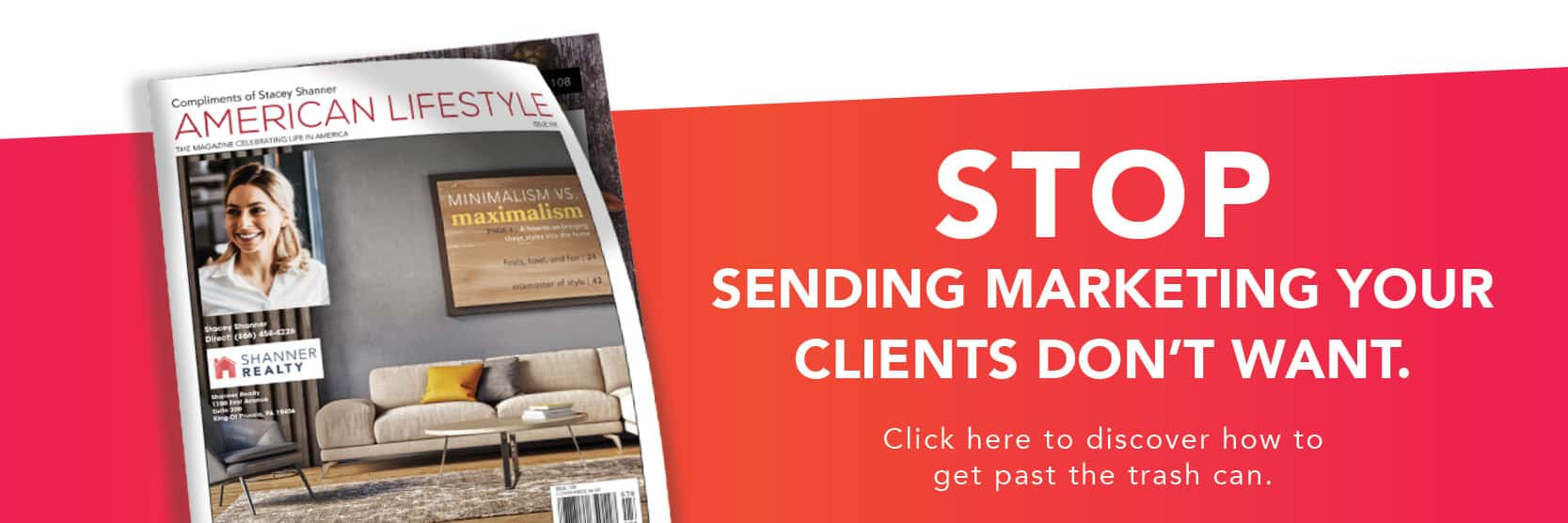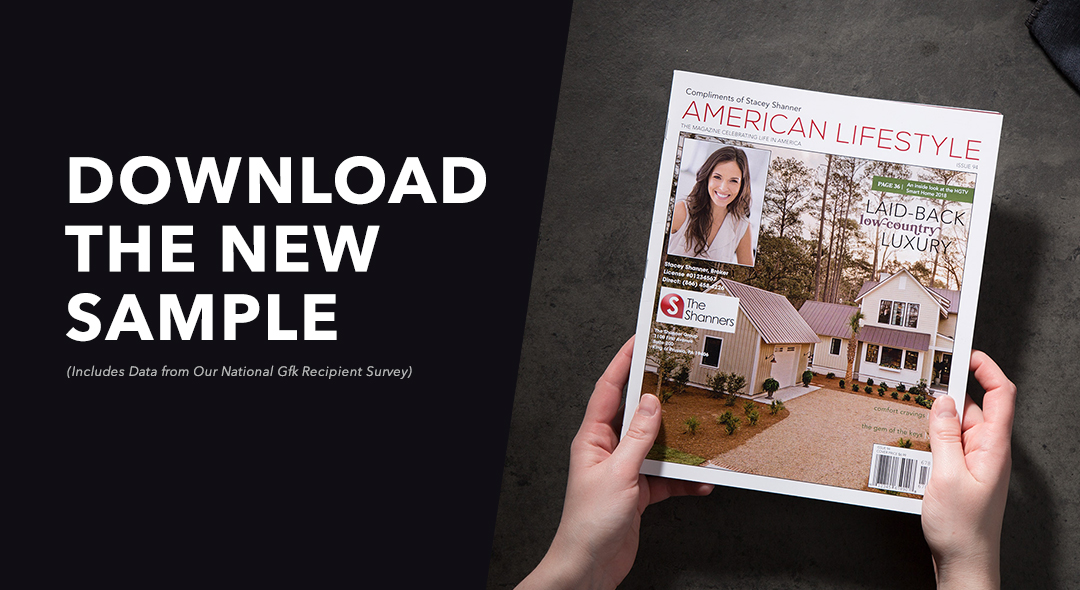Updated November 2021
I’m a big self-help person.
What I mean by that is I’m really interested in personal development—figuring out how I can be more productive and make better decisions.
A big part of this is learning how my personality influences the decisions I make, along with what effect those decisions have on the people around me.
One of the things I’ve used is the DISC test. It’s a behavior assessment tool created by psychologist Walter Vernon Clarke, but it’s based on a theory by William Moulton Marston.
Marston was a psychologist, author, and self-help pioneer, who also had a hand in inventing the polygraph. Oh, and he created Wonder Woman. How’s that for a resume?
Anyway . . . back to DISC. The DISC assessment plots test-takers on a grid with four different behavior types:
- Dominance
- Influence
- Steadiness
- Conscientiousness
When I took the test, my DISC profile placed me at the very top of the Influence section of the grid, which means I’m a “High-I.” (By contrast, our company’s CEO Steve Acree is a High-D, with a more dominant personality.)
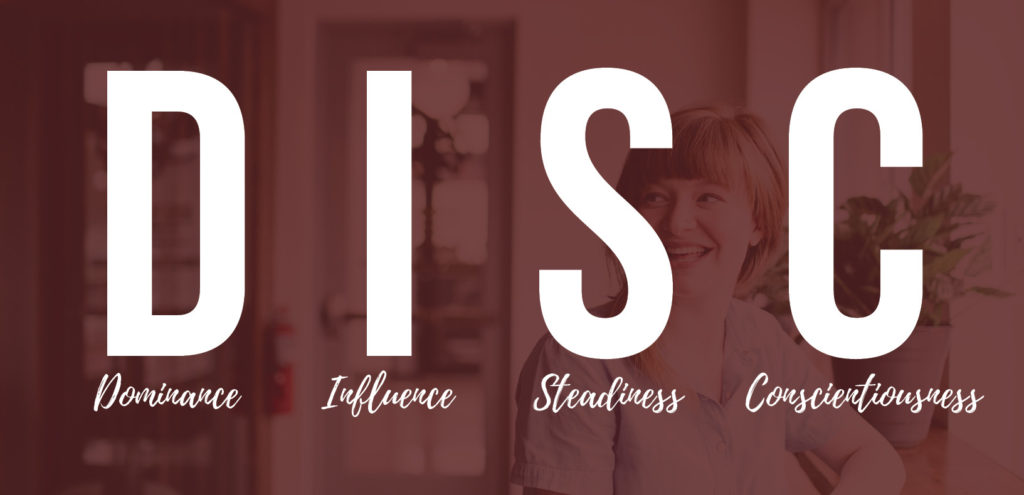
As a High-I, I would rather sell you on an idea than tell you exactly what to do. This is a strength in some ways, since it allows people to be creative and bring their own ideas to the table. But it also makes it hard to get things done quickly.
And that’s not the only problem. The biggest thing I’m struggling with right now is giving honest feedback.
As a High-I, I want to be liked. I don’t want to make people upset, and that’s why I tend to sugarcoat how I really feel about things.
I know what you’re thinking—a lot of people do this. If we all went around saying exactly how we felt all the time, people’s feelings would get hurt, and we’d have a hard time coexisting.
Most people would like to think they hold back on the truth out of kindness. But here’s the harsh reality:
Dancing around the truth is not really kindness at all.
The real reason we sugarcoat is because we don’t want other people to think poorly of us. In other words, we do it for our ego. It’s about our own feelings more than it is about being nice.

There’s a principle in the Bible that I think applies here. It says, “Speak the truth in love.”
Even though I struggle with this idea, it’s something I firmly believe. You have to tell the truth, but you can still do it in a nice way.
That’s what I’ve been working on lately. When I know that something is wrong or could be executed in a better way, I make sure to communicate that clearly, while also being respectful of the person I’m talking to.
When you don’t share the truth with someone, you’re doing them a disservice. By being open and honest, you’re giving them the chance to learn and improve.
As the leader of a business that continues to grow, I know it’s important for me to inspire my employees to continually improve themselves. They depend on me to be real with them, and I want to make sure I’m doing that.
If you find yourself struggling to balance being nice with being honest, I’d really recommend checking out Kim Scott’s book, Radical Candor: Be a Kick-Ass Boss Without Losing Your Humanity.(#ad)
Whatever industry you work in, and whatever position you might hold, I promise this approach will make you better at what you do. Learn to be direct, but from a place of gentleness, and you won’t just get better results—people will actually learn to respect you.
We are a participant in the Amazon Services LLC Associates Program, an affiliate advertising program designed to provide a means for ReminderMedia to earn a small fee by linking to Amazon.com and affiliated sites.






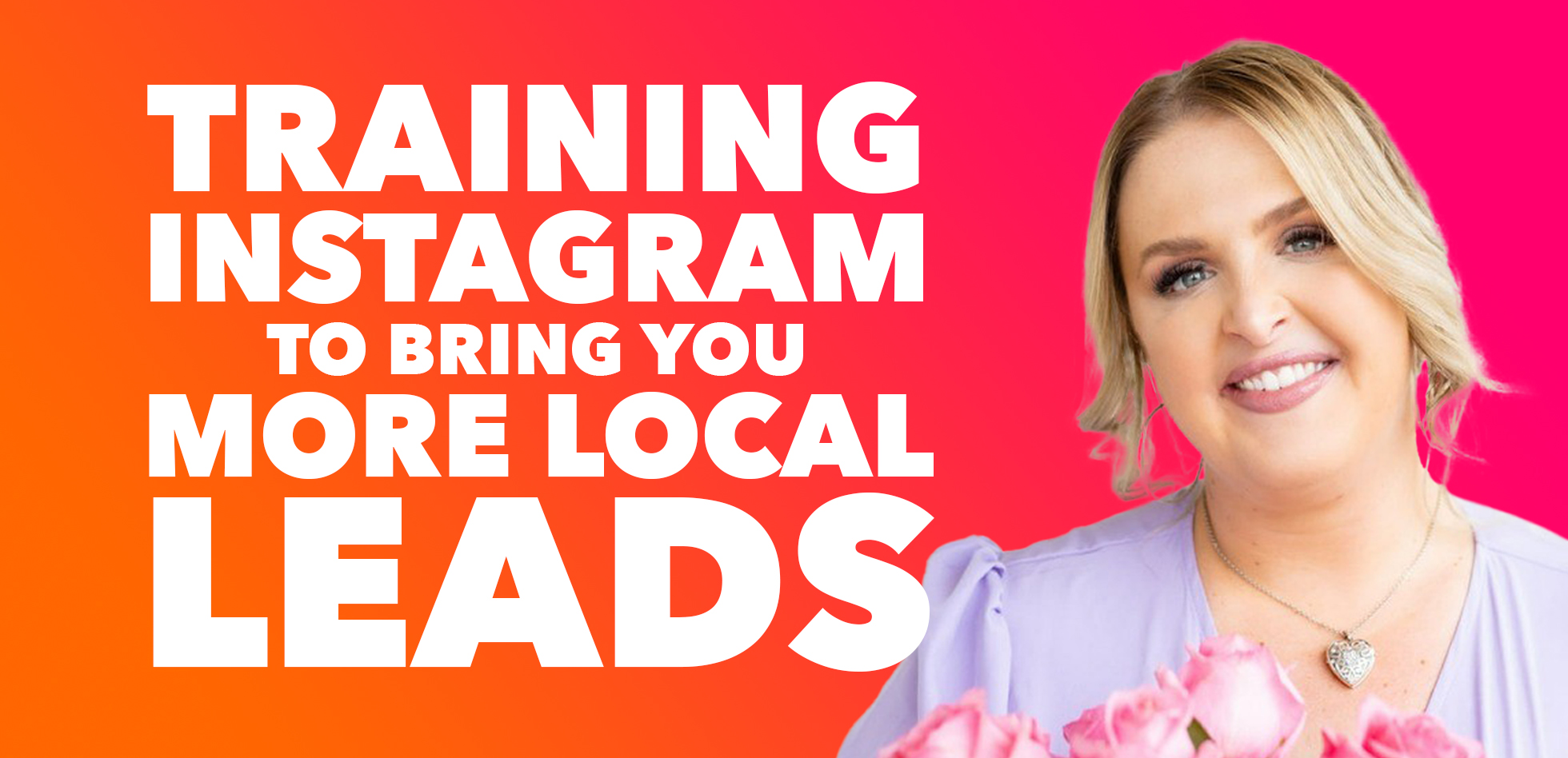

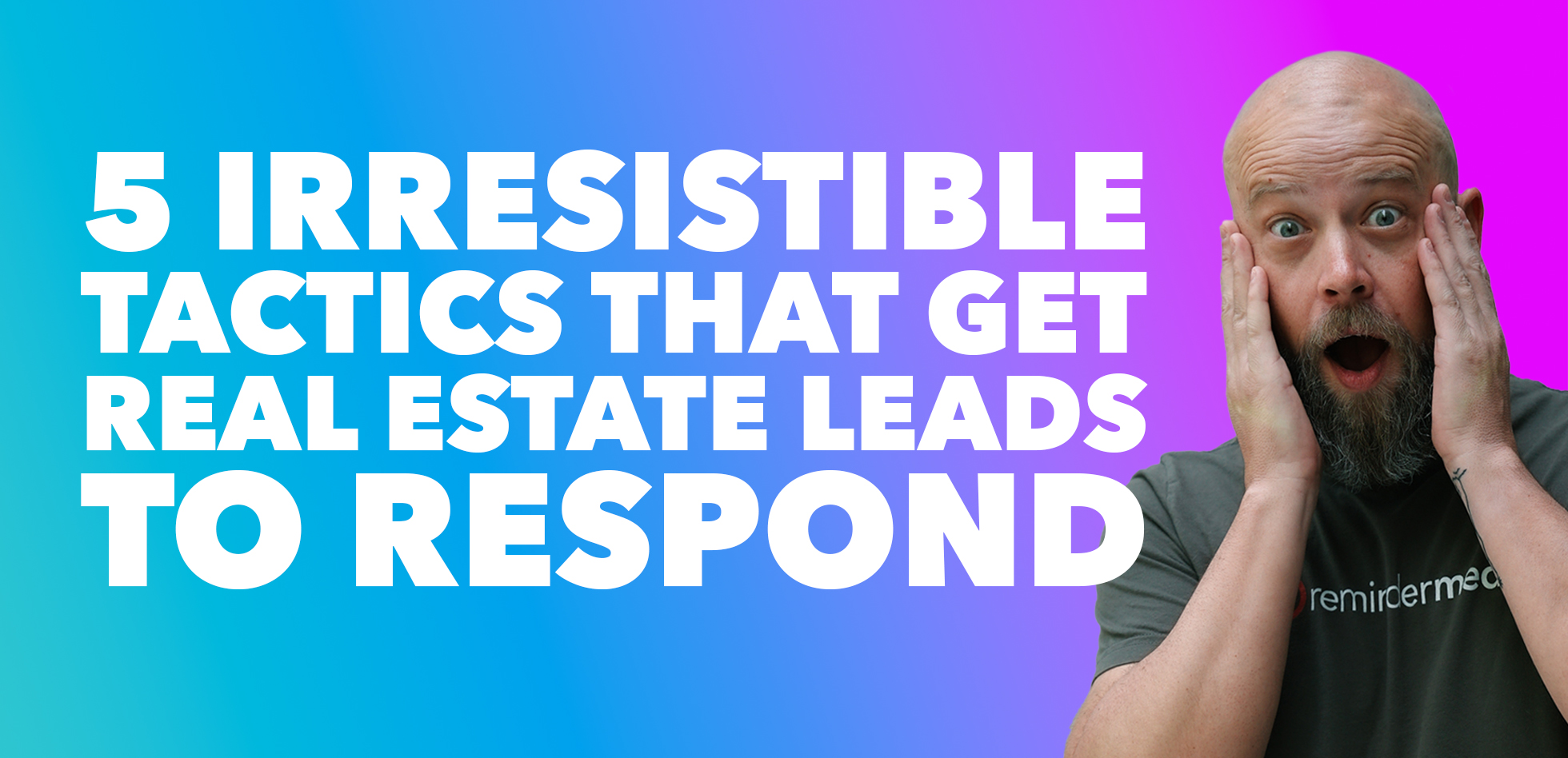
 Apple Podcasts
Apple Podcasts
 Google Play
Google Play
 Spotify
Spotify






